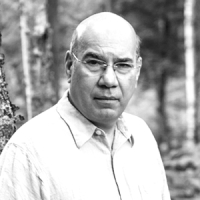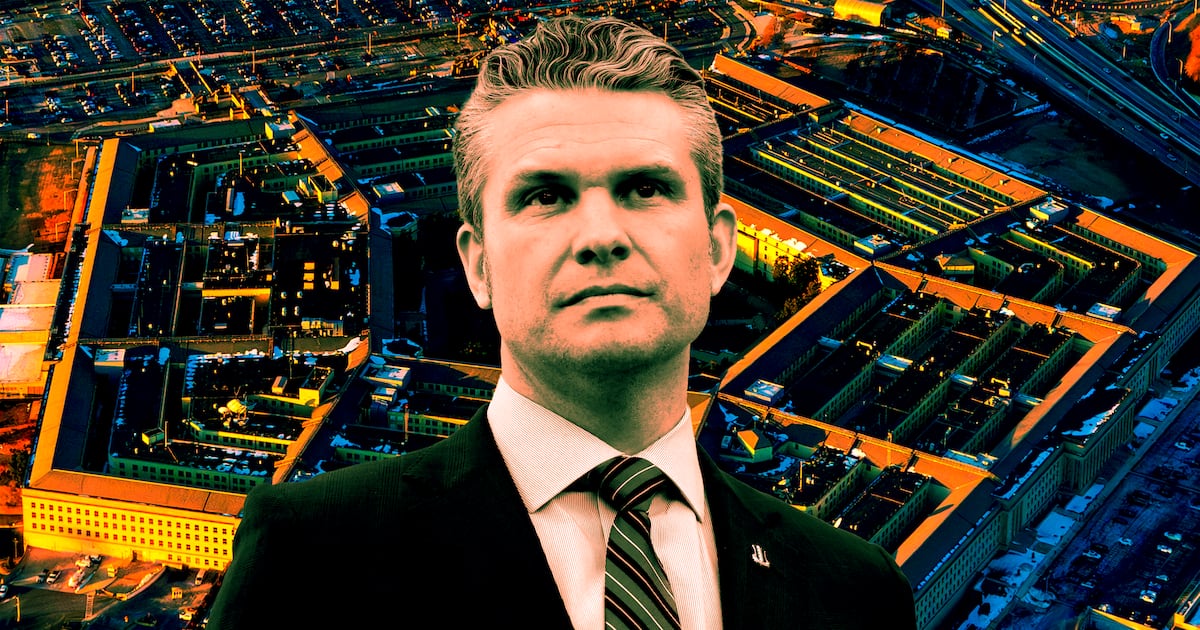In this secular age, few readers will venture into the recondite pathways of theological discourse, but I would encourage those with the slightest inclination to discover how contemporary thinking about Christianity has evolved to look into the writings of Rowan Williams. As good a way as any to begin would be to read his latest book, Christ: The Heart of Creation, a closely argued meditation on how Christians over two millennia have dealt with the paradoxes of Christian thought, as well as about the relationship between a creator God and creation itself.
Williams is the former Archbishop of Canterbury (2003-2012), the equivalent of the Pope within the Anglican Communion, which includes the Episcopal Church in the United States. But that hardly begins to describe him. He’s a first-rate poet, gifted with a rich lyrical style and the ability to think in earthy images that bely a deeply speculative mind. He’s a public intellectual, one who weighs in regularly on a variety of thorny topics, from war and peace to human sexuality. He’s also one of the most serious and compelling theologians of our time.
His theological works range widely, beginning with The Wound of Knowledge (1979), a distillation of Christian thinking about spirituality from the New Testament through the mystical writings of St. John of the Cross. This is one of those inexhaustible texts that demands re-reading: I’ve read it at least four times, and plan to revisit it again soon. He’s written more than two dozen important individual works of theology, including influential studies of Arius and Teresa of Avila. Among his many works, I would especially recommend his concise study of the Desert Fathers of ancient Egypt called (in the British edition) Silence and Honeycakes (2003) or, in an expanded American edition, Where God Happens (2005). More recently, in 2017, he published an erudite collection of essays on Saint Augustine, where he looks closely at this influential autobiographer, theologian and philosopher—a shaping mind in the development of early Christian doctrine.
Christ: The Heart of Creation might well be this author’s most important book, as it draws together many strands from his previous writing, creating an elaborate tapestry of his concerns. It’s self-consciously designated as a contribution to the tradition of Christology—a subdivision of theology devoted to the nature of Jesus as the Messiah, focused on his paradoxical role as finite human being as well as the infinite Son of God. As it ponders the nature of this juxtaposition, Christology reaches into wider areas of philosophy, including metaphysics and ontology—vast regions of thought that Williams traverses without fear.
This is an erudite survey of two centuries of thinking about the nature and personhood of Jesus in relation to the nature of the divine logos—the Word, as translated in the English opening of the Gospel of John: “In the beginning was the Word…”—a relationship that raises countless issues that have vexed Christian thinkers from Saint Paul through the Church Fathers, Maximus (the most important of the early Byzantine theologians), Aquinas, Luther, Calvin, onward through such modern figures as Bonhoeffer, Barth, and others. (There is even an appendix on Wittgenstein’s random and often Delphic musings on ethics and religion.)
As a theologian, Williams is acutely conscious of his place in a wider conversation, not only with major (and sometimes minor) figures from the past, but with his contemporaries as well: Just a glance at his countless learned footnotes will put the fear of God into any casual Christian. Williams is a brilliant linguist himself, and one is conscious while reading him of his terrifying (but necessary and important) erudition, which has him frequently confronting ideas in their original Greek and Latin incarnations.
That said, Williams is not simply an academic theologian who speaks only to other academic theologians. He has been a pastor, a leader in the church throughout the world, and one assumes he has given countless sermons from pulpits in the far corners of Christendom. Given his Anglican roots, it’s worth saying here that Anglican theology is famously “occasional,” arising more from the pews and pulpits of practicing Christians than from the seminar rooms of universities. He is constantly inviting his readers to join with him in the mystery of faith, urging participation in the “body of Christ,” meaning the church-at-large as well as the person of Christ as both the man Jesus and the Son of God.
Williams drives us, again and again, to what he calls “the incarnate reality of the body of believers and their interaction with the world.” Following from this, he presses for a “sacrificially attentive engagement” with those around us, and with matters before us, little and large. This is, I think, the key to his Christological formulations: the idea that we must “sacrifice” our selfhood; we must get rid of the petty, acquisitive, needlessly destructive selves that we have elaborately constructed as we approach the holy. We must enact that “self-emptying” or kenosis as advocated by Saint Paul, an action that involves “putting on the mind of Christ.” Expanding on this, Williams writes that in this new state of emptiness a “certain mode of finite life (self-sacrifice, other-directed love) is so attuned to the eternal mode of divine action that it becomes the occasion and vehicle of that infinite agency within the finite world.”
So the act of “self-emptying” is finally the way that Williams dances between the finite/infinite dichotomy that lies at the paradoxical heart of Christianity: the concept of Jesus, the finite man, existing within the vast scope of the infinite, which pertains to his Christhood. In his thinking Williams reaches back to the Anglican philosopher and theologian Austin Farrer, who delivered his profound meditations on this subject in a series of well-known lectures in Oxford in 1948. “As Farrer puts it,” says Williams, “God may bring about ‘through second causes [i.e. finite causes] effects which do not arise from the natural powers of those causes.’ Put slightly differently, this is a claim that under certain circumstances finite agency going about its business is open to possibilities in excess of its own immanent and predictable capacities, so that what an event or transaction in the sequence of finite causality makes possible is genuinely new, not capable of prediction from analysis of habitual causal patterns alone.”
This is, indeed, the “heart of creation,” which is where Williams locates Christ, who occupies that space where within the finite world we can multiply possibilities, including the creation of a loving community where social action and self-transformation occur. This can seem like a forbiddingly abstruse concept to entertain, but it’s not as inaccessible as it seems at first glance. Indeed, in a modest finale, Williams says he hopes his book “will serve to prompt some at least to look harder and longer at the classical shape of incarnational teaching, and to see how it is in this light that we see light on the entire creaturely landscape which we inhabit and which we are called in and with Christ to transform.”







